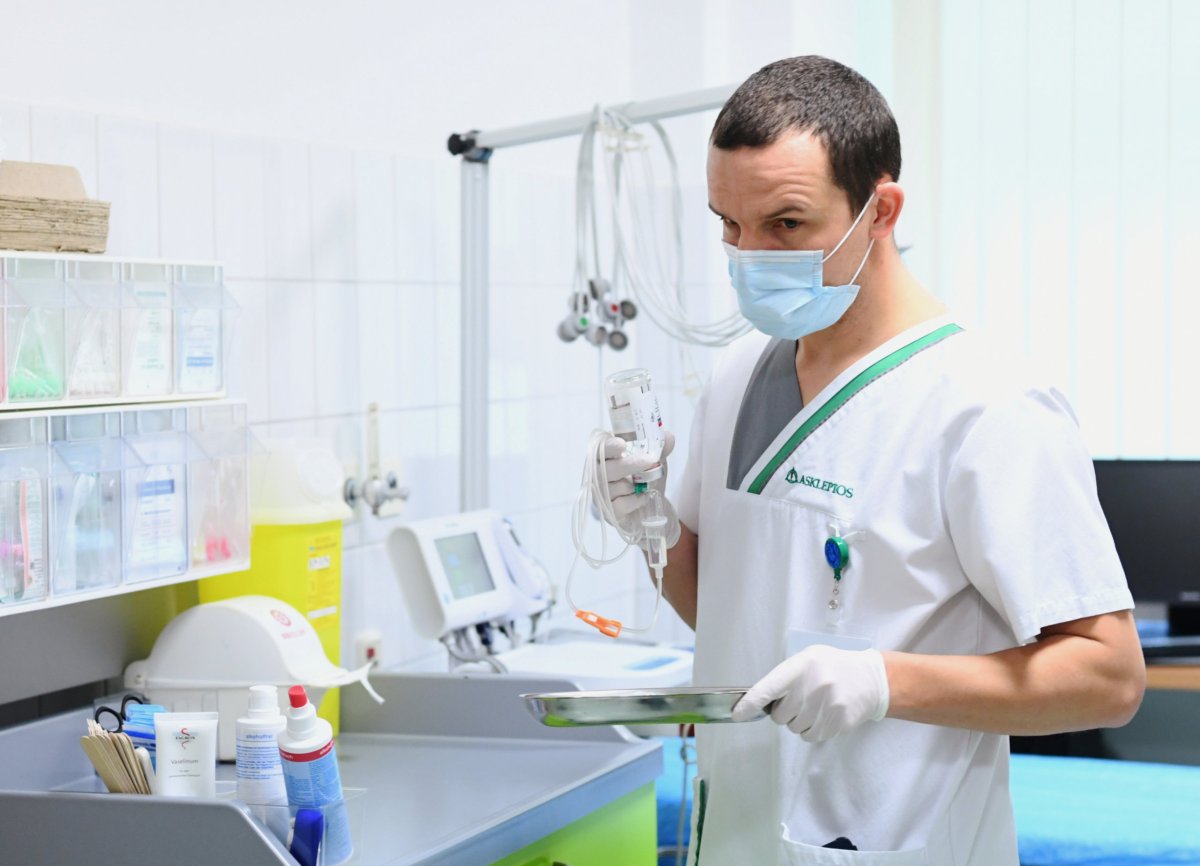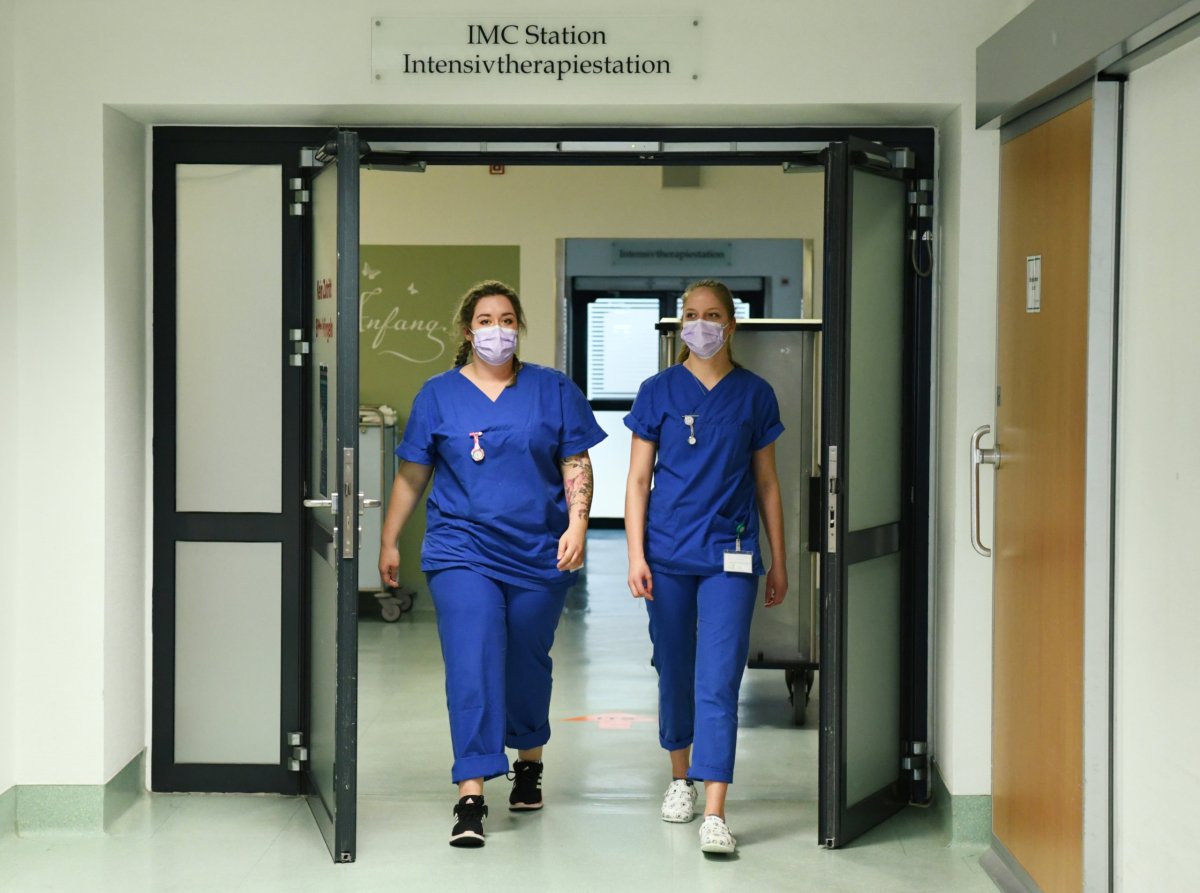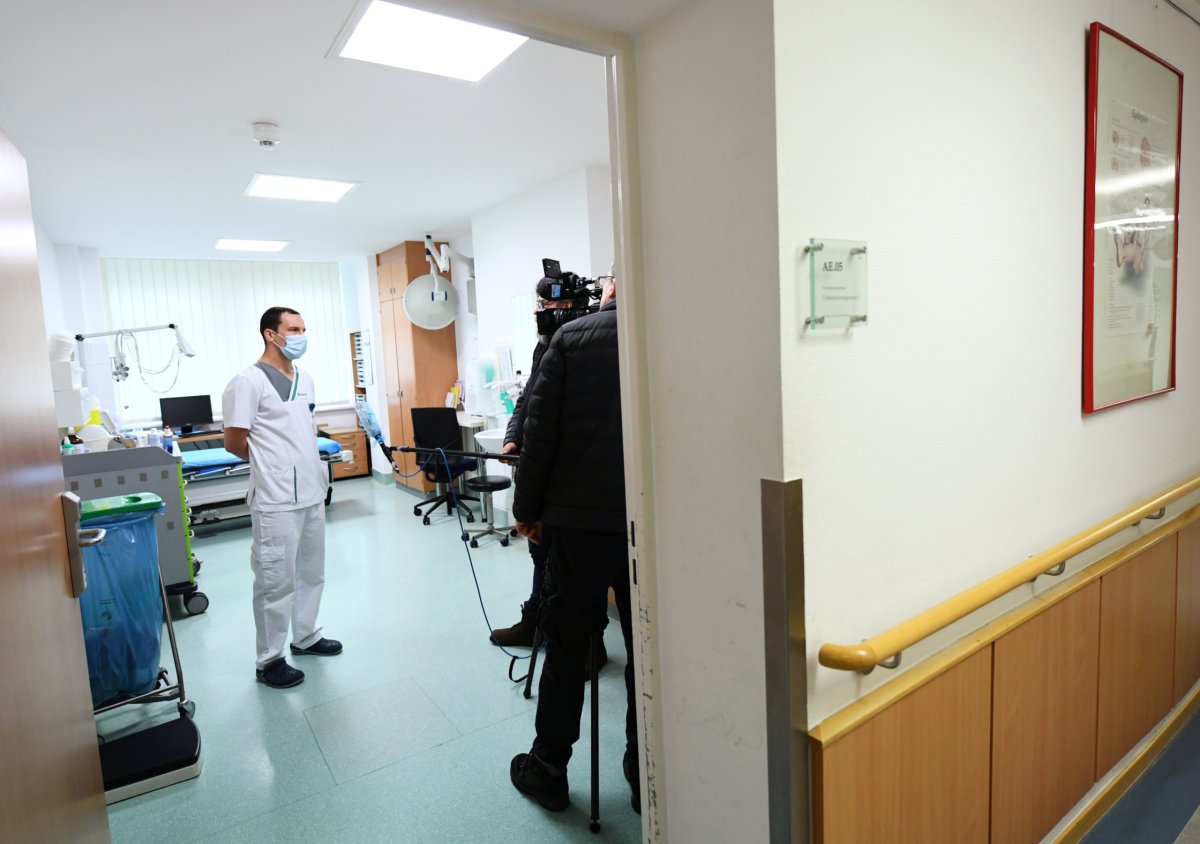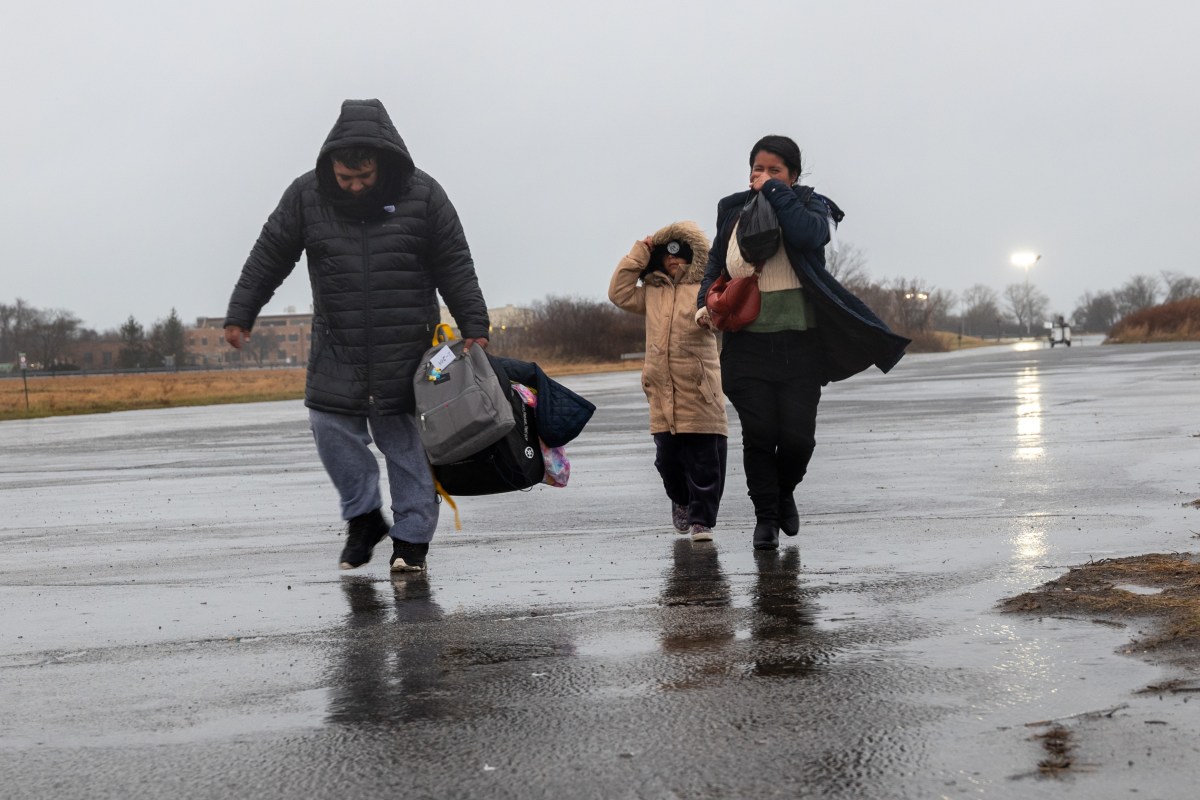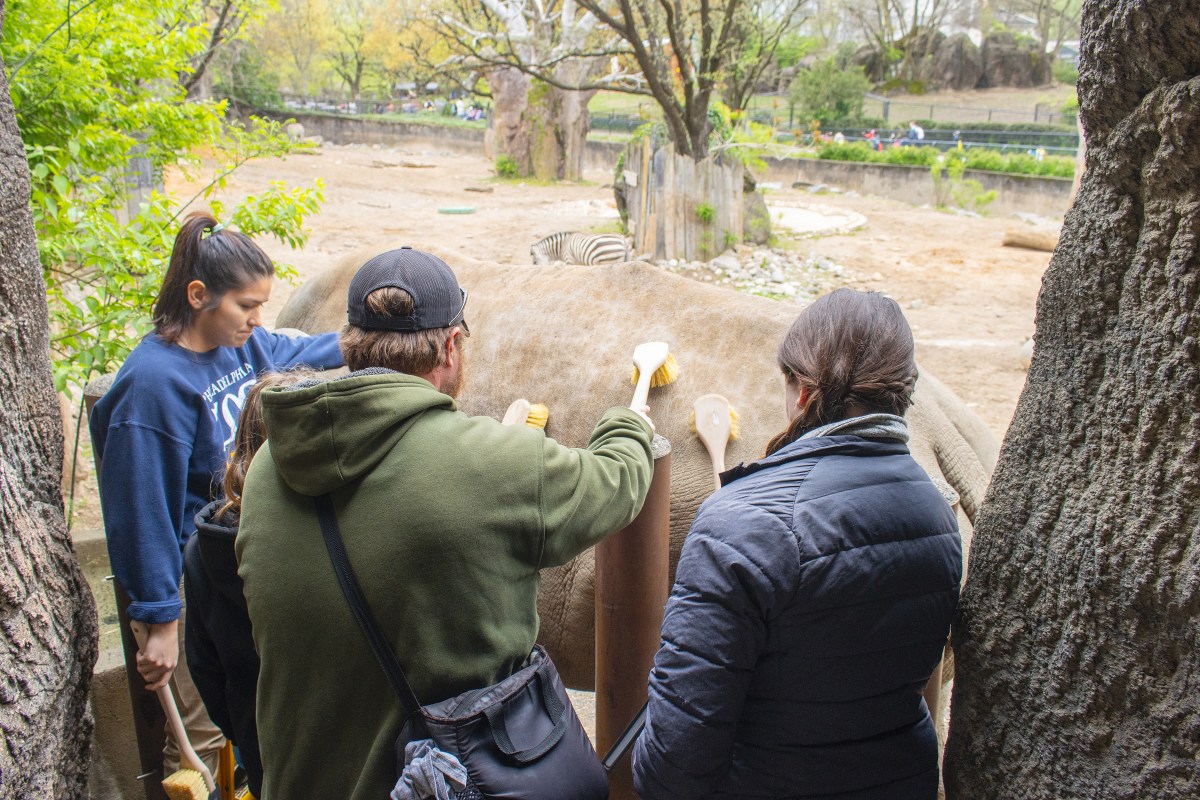PASEWALK, Germany (Reuters) – If Tomasz Jamro, an emergency ward nurse in eastern Germany, returns home to see his wife and three children over the border in Poland, he will be stuck: authorities there will quarantine him for two weeks.
He is one of two dozen Polish medical staff who work at a hospital across the border in Pasewalk, northeastern Germany, where preparations for an expected wave of coronavirus patients are being hindered by the closure of once-open borders.
“We medical staff are fighting together against the coronavirus, but we can’t go home to our family,” he said, describing the predicament he and colleagues have been in since Poland’s emergency quarantine laws came into force on Friday.
Since Poland joined Germany in the European Union 16 years ago, the border areas east of Berlin have essentially become a single, open space, where doctors, nurses, engineers and other essential workers commute back and forth.
That changed on Friday, when one of Jamro’s colleagues went home from work only to find himself quarantined and unable to return for 14 days. Across the East, hundreds of doctors and nurses are in a similar position.
Around the world, border closures and quarantine rules have snapped the supply chains which deliver medical supplies and food, prompting calls for a return to shorter, more resilient supply networks.
Similarly, sectors that have come to rely on moving staff across borders are now scrambling to hold on to employees at a time when they’ve never been so badly needed.
Alexander Gross, head of the hospital where Jamro may soon be operating ventilators to keep coronavirus patients alive, has found temporary accommodation for some of his Polish staff, their partners and children – and even their pets.
“We’re doing everything so they don’t have to leave,” he said of the commuters who make up a third of his staff. “We’re renting vacant holiday homes and rooms for them,” he said.
For the border states of Mecklenburg-Vorpommern and Brandenburg, losing the commuters is a disaster on top of the economic hit from a Germany-wide lockdown.
The state governments are offering anyone from Poland who is willing to stay in Germany 65 euros a day, plus an extra 20 euros per family member for temporary accommodation.
“Those affected are massively engaged in hospitals and healthcare, but also in manufacturing and food production,” said Patrick Dahlemann, Mecklenburg-Vorpommern’s minister in charge of the effort to keep some 3,400 Polish commuters.
Commuter numbers in neighboring Brandenburg are similar.
Even if Warsaw and Berlin reach an agreement to exempt healthcare workers from quarantine rules, as the states urge, there will still be disruptions.
“We do WhatsApp, my children see me every day,” said Jamro. “Let’s see what happens next week: if my children get ill, I’ll probably have to go home.”
(Reporting by Thomas Escritt, Stefan Remter and Martin Schlicht; Editing by Mike Collett-White)

